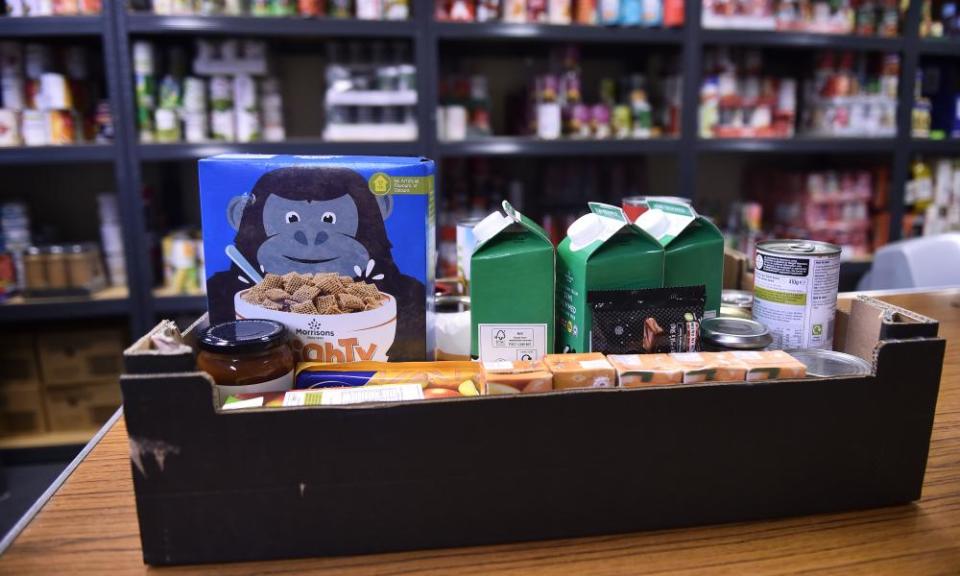Trapped in poverty by a mean Tory mindset

Your report (Tony Blair backs cross-party calls for new child poverty strategy, 21 January) records the Conservative government’s reversal in 2016 of one of Labour’s last actions before leaving office in 2010. This was the passing – with all-party support – of the Child Poverty Act, which aimed to reduce the proportion of poor children in the country to 10% within a decade. Evidently the government is more comfortable with levels of child poverty around 30%, which is what Labour inherited in 1997 and what we have now. Why?
Three eloquent letters about cuts to children’s services (20 January) do not answer the question. It has to be said that in the Tory mindset there is a deep well of hatred for dependency, which feeds the conviction that people must be able to look after themselves. The fact that a majority of poor children have at least one working parent has no impact on this sentiment, maintained in the governing classes by generations of disrupted attachments in boarding prep schools, where children have to learn to get to sleep without a parental goodnight kiss.
Across the social spectrum, reverence for this kind of self-reliance generates contempt for the ordinary human need to be looked after, including one’s own. And, as Aditya Chakrabortty explains (The problem is poverty, however we label it, 21 January), any focus on the facts of poverty must therefore be obscured. What follows is a stubborn reluctance to pay for public services such as early years family centres and old people’s care homes, which could – if staff were properly trained, paid and supported – be centres of excellence and national pride.
Dr Sebastian Kraemer
London
• Aditya Chakrabortty is right in what he says about poverty. But it needs to be added that tackling poverty requires increasing taxation of the more affluent, and probably in a bolder way than the Labour party 2019 general election manifesto, which promised only to ask those who earn more than £80,000 a year to pay a little more income tax.
When teaching geometry, I like to remind students that Greek geometry had its roots in the need of the pharaohs to measure land so that it could be taxed, and of Oliver Wendell Holmes’ remark that “taxation is the price we pay for civilisation”. We need an “eliminate poverty – increase taxes” campaign; the two cannot be separated.
Alan Slomson
Leeds
• Reading Aditya Chakrabortty’s piece brought to mind this quote from George Bernard Shaw’s play The Devil’s Disciple: “The worst sin toward our fellow creatures is not to hate them, but to be indifferent to them: that’s the essence of inhumanity”. I have had this quote ready to use in my role as benefits adviser when dealing with the Department for Work and Pensions. I’ve never needed it, because when I explain the circumstances or the errors in the process/decision, the call handler/decision-maker gets it. Unfortunately, I’m not speaking to the policymakers, who don’t.
Harriet Hall
Litton, Somerset
• “The deputy Labour leader, Angela Rayner [said] the electorate would punish the Tories if they went ahead with the cut” (Scrap benefits cut to stop millions falling into poverty, Boris Johnson told, 18 January). Would this be the same electorate that after 10 years of austerity, and record levels of inequality, returned a Tory government with an increased majority of 80 seats?
Roger Southwell
Bromsgrove, Worcestershire

 Yahoo Finance
Yahoo Finance 